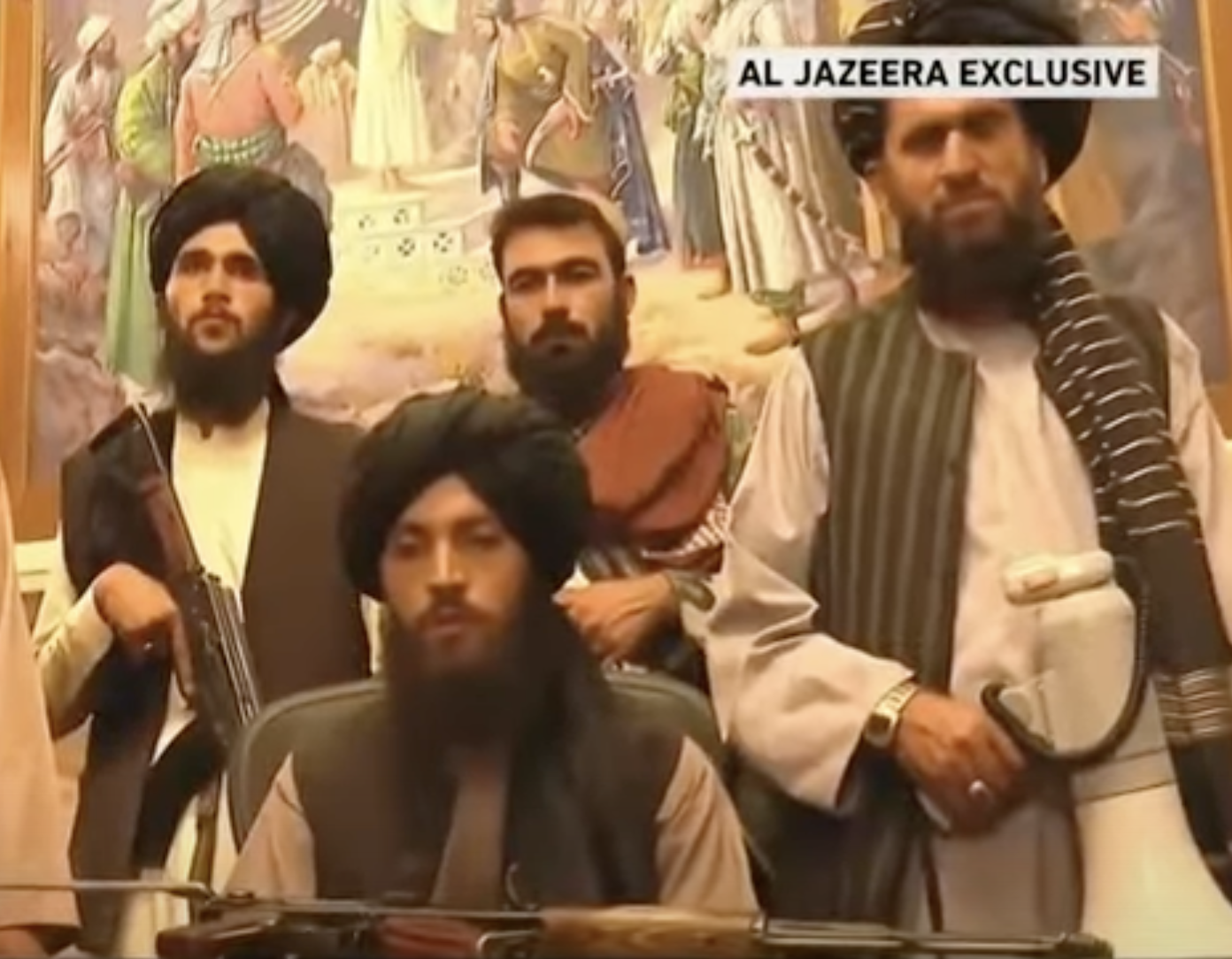Before putting his neck on the chopping block, King Charles I turned to his chaplain seeking personal peace after the chaos of the English Civil Wars.
The king was, on that infamous 1649 day, pondering heaven, hell and forgiveness.
“To show you that I am a good Christian," the king said, pointing to London Bishop William Juxon, "I hope there is a good man that will bear me witness that I have forgiven all the world, and even those in particular that have been the chief causers of my death. Who they are, God knows, I do not desire to know. God forgive them."
This isn't the kind of theology that ordinarily shapes U.S. Supreme Court decisions. Nevertheless, it was part of a litany of historical references during debates preceding a recent decision requiring Texas to grant a convicted murderer his Baptist pastor's audible prayers and comforting touch during his execution.
This was a rare moment in which activists on both sides of America's culture wars cheered for "religious liberty," a freedom that until recently didn't require cynical "scare quotes" that suggest uncertainty. This trend in First Amendment discourse has, for me, become the most important story I have covered during the third of a century -- as of this week -- in which I have written this national "On Religion" column.
The big question: Why did appeals to centuries of tradition work this time?
The condemned prisoner, John Ramirez, told the court he believed his pastor's "laying on of hands on him as he dies, and the vocalization of prayers and scripture, will assist his passing from life to death and will guide his path to the afterlife."
In his decision, Chief Justice John Roberts saluted the "rich history" of evidence supporting this prisoner's request "to have his pastor lay hands on him and pray over him during the execution. Both are traditional forms of religious exercise."










